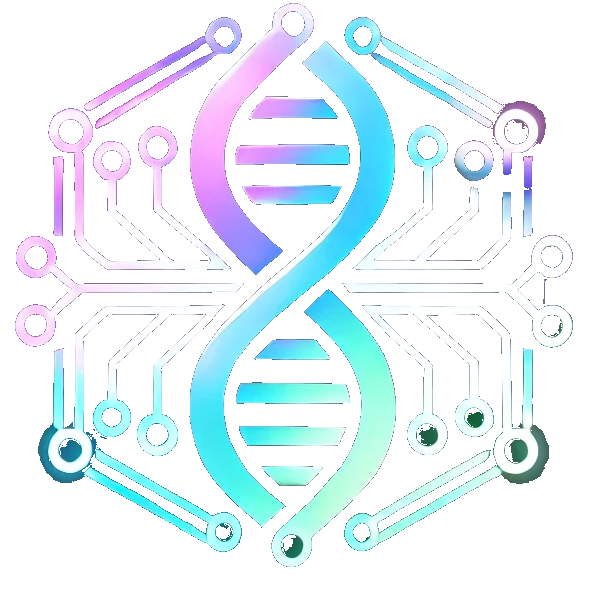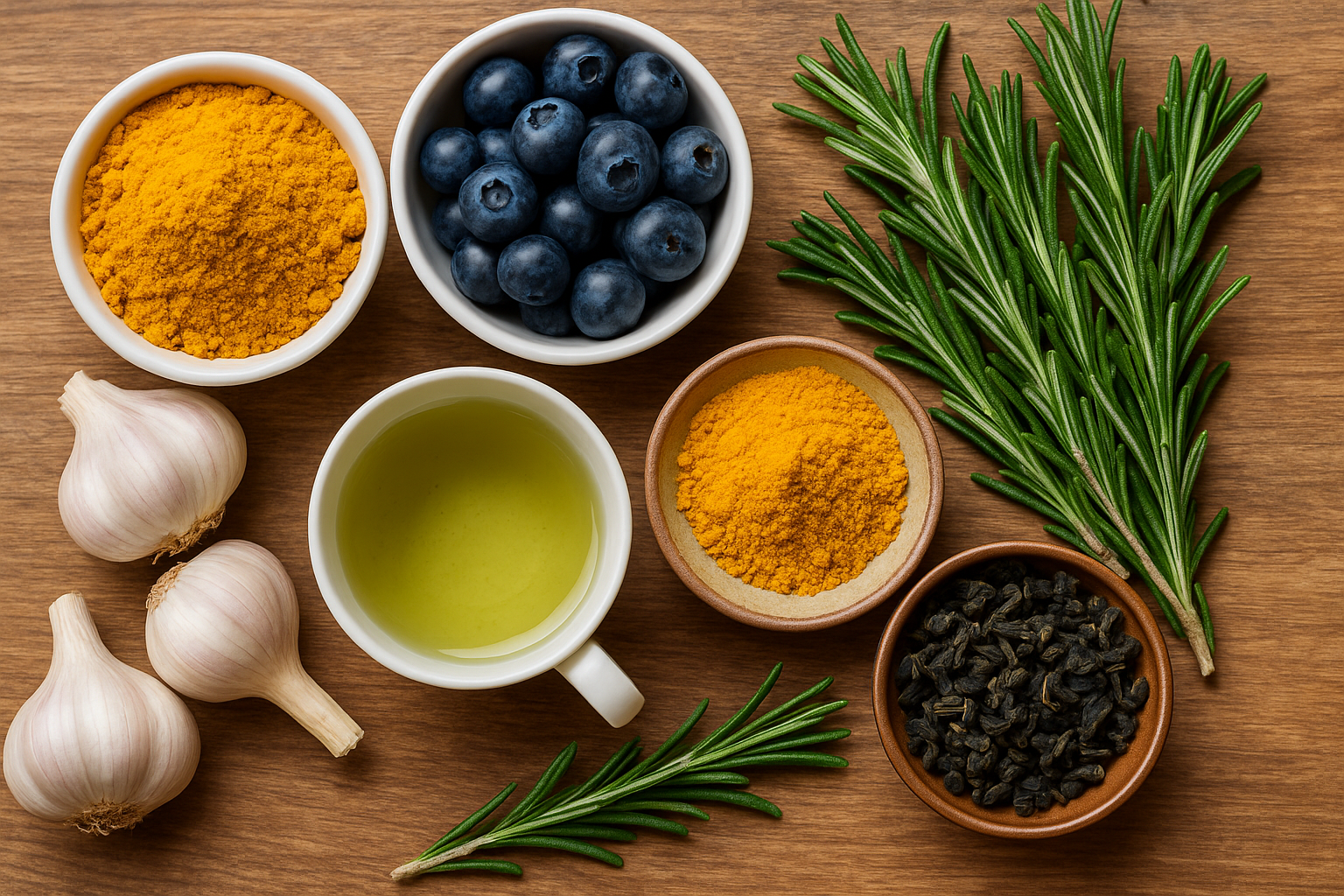A new study offers promising evidence that plant-based foods rich in methyl adaptogens may help reverse biological aging, a key marker of long-term health.
What Is Biological Age?
Unlike chronological age, which counts the number of years you’ve lived, biological age reflects the condition of your cells and tissues. It is shaped by genetics, sleep, stress, environment, and — as this study shows — nutrition.
Researchers from the University of Washington and partnering institutions investigated how diet affects DNA methylation, an epigenetic mechanism that can accelerate or slow the aging process. Elevated methylation at specific DNA sites is linked to faster aging and greater disease risk.
Study Design
The study followed 43 healthy, middle-aged men in Portland, Oregon, who completed an eight-week lifestyle program focused on:
- A plant-based, polyphenol-rich diet
- Moderate physical activity
- Prioritizing sleep
- Stress management techniques
Researchers measured biological age before and after the intervention using DNA methylation markers.
Key Findings
Participants who consumed more of the following six methyl adaptogen-rich foods showed the greatest decreases in biological age:
- Berries (½ cup daily)
- Rosemary (½ teaspoon daily)
- Turmeric (½ teaspoon daily)
- Garlic (2 cloves daily)
- Green tea (2 cups daily)
- Oolong tea (3 cups daily)
These foods are high in polyphenols, compounds with antioxidant and anti-inflammatory properties. They appear to influence enzymes that regulate DNA methylation, potentially slowing genetic aging.
“Polyphenol-rich foods may be one of the most accessible and impactful tools we have for biological rejuvenation,” said lead author Dr. Villanueva.
Interestingly, participants who started the trial with a higher biological age than chronological age experienced the most pronounced reversal. While unintentional weight loss occurred in some cases, it did not correlate directly with biological age reduction.
Additional Dietary Guidelines from the Study
Alongside the methyl adaptogen group, researchers recommend daily consumption of:
- Dark leafy greens (spinach, kale)
- Cruciferous vegetables (broccoli, cabbage, cauliflower)
- Colorful vegetables (carrots, peppers, squash)
- Low-glycemic fruits (apples, grapefruit, cherries)
- Beets and seeds (sunflower, pumpkin)
- Lean protein (poultry, eggs, legumes in moderation)
Alcohol, processed foods, excess dairy, and high-sugar fruits were minimized.
Limitations and Future Research
The authors acknowledged several limitations:
- Small sample size (43 participants)
- Lack of ethnic diversity
- Use of only one biological age testing method
They urge larger, more diverse clinical trials to validate these results and further explore the impact of methylation-targeted nutrition.
Conclusion: Food as a Rejuvenation Tool
This emerging evidence suggests that specific dietary patterns — particularly rich in methyl adaptogens and polyphenols — may offer a low-risk, high-impact strategy to lower biological age and improve overall healthspan.
As interest in epigenetics and longevity continues to rise, these findings could help shape future anti-aging dietary protocols. Until then, it may be wise to brew some green tea, toss some rosemary on your veggies, and go heavy on the garlic.
Note: Always consult with a healthcare professional before making significant changes to your diet, especially if managing chronic health conditions.



